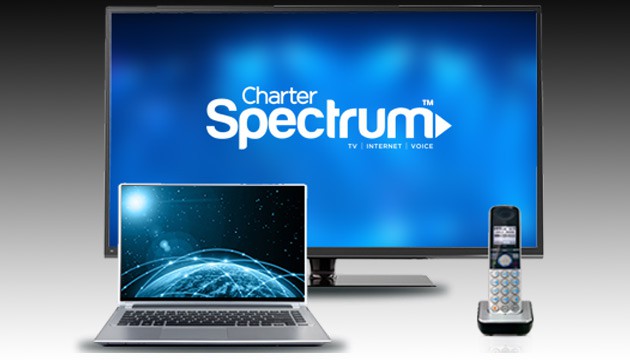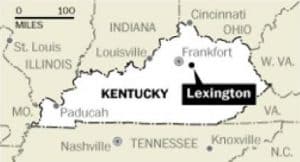 Three unnamed sources told the New York Post Charter Communications is seeking to acquire privately held Cox Communications, despite repeated assertions from the family owned Cox it is not for sale.
Three unnamed sources told the New York Post Charter Communications is seeking to acquire privately held Cox Communications, despite repeated assertions from the family owned Cox it is not for sale.
“Tom wants to buy Cox,” said one “highly placed cable source.” Another confirmed the news, but notes Charter has not yet approached Cox with a deal. “If they’re going to sell it to anyone, they’re going to sell it to an old cable guy.”
Cox is America’s third-largest cable company with 6.2 million subscribers. A combination with Charter would still leave Comcast as the nation’s largest cable company. Wall Street has pushed cable companies towards further consolidation, and if Charter doesn’t approach Cox, it is highly likely Altice USA will.
 Cox told the newspaper all of this attention is unwanted.
Cox told the newspaper all of this attention is unwanted.
“Cox has been very clear and consistent that we are not for sale and, in fact, we’re aggressively investing in our network, products and strategic partnerships and investments of our own,” Cox spokesman Todd Smith told The Post on Wednesday.
But some cable watchers expect Cox may not want to stay in the family if the price is right. In April, Alex Taylor, the great-grandson of founder James Cox was named Cox’s next CEO, starting Jan. 1, 2018.
Charter may also eventually grow by at least 100,000 new subscribers as John Malone’s Liberty Interactive’s ownership of Alaska-based GCI might not last long. Cable watchers predict Malone will flip GCI to Charter Communications after the deal closes, which would result in a likely quick rebrand of GCI as Charter/Spectrum.


 Subscribe
Subscribe




